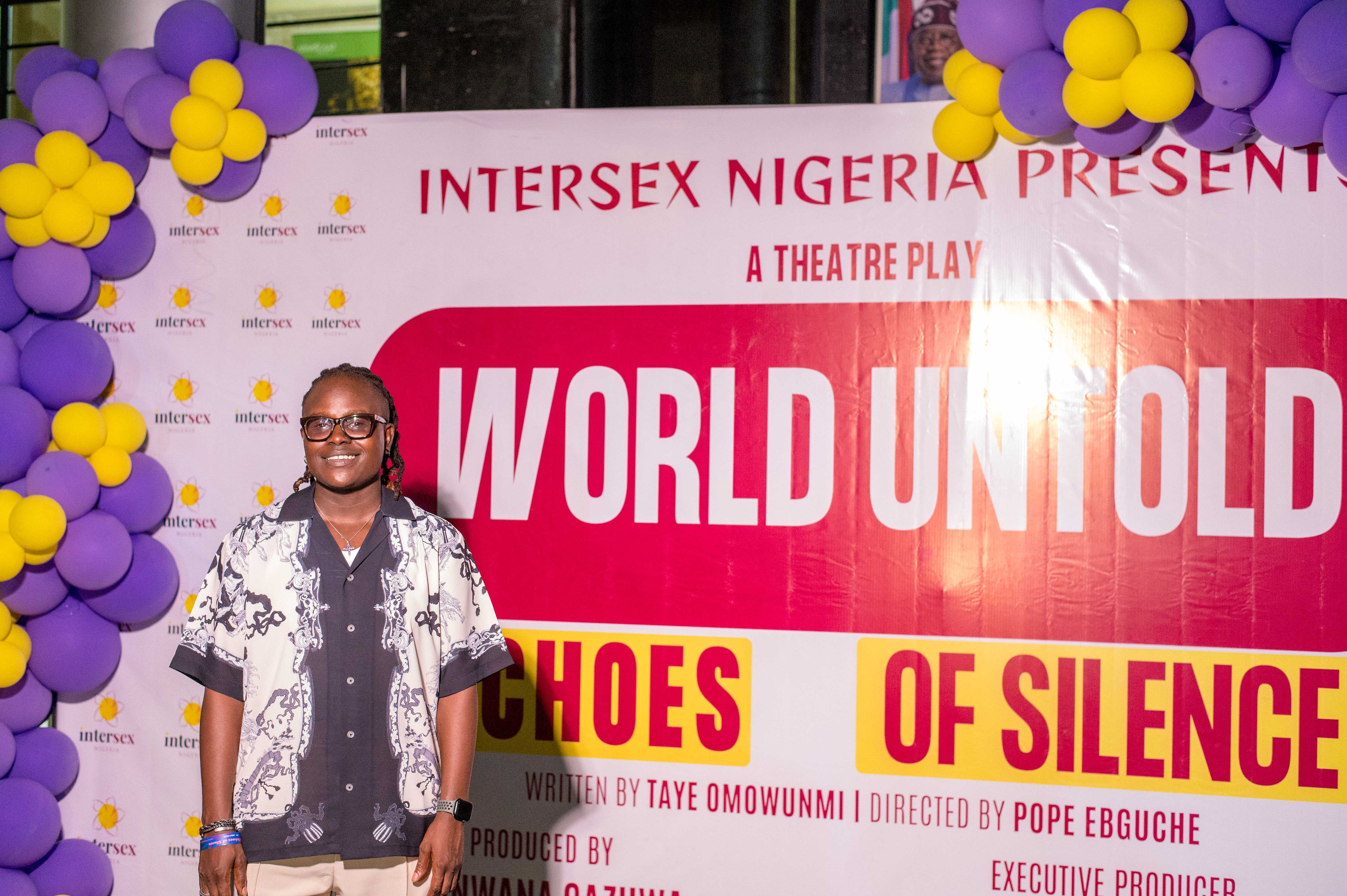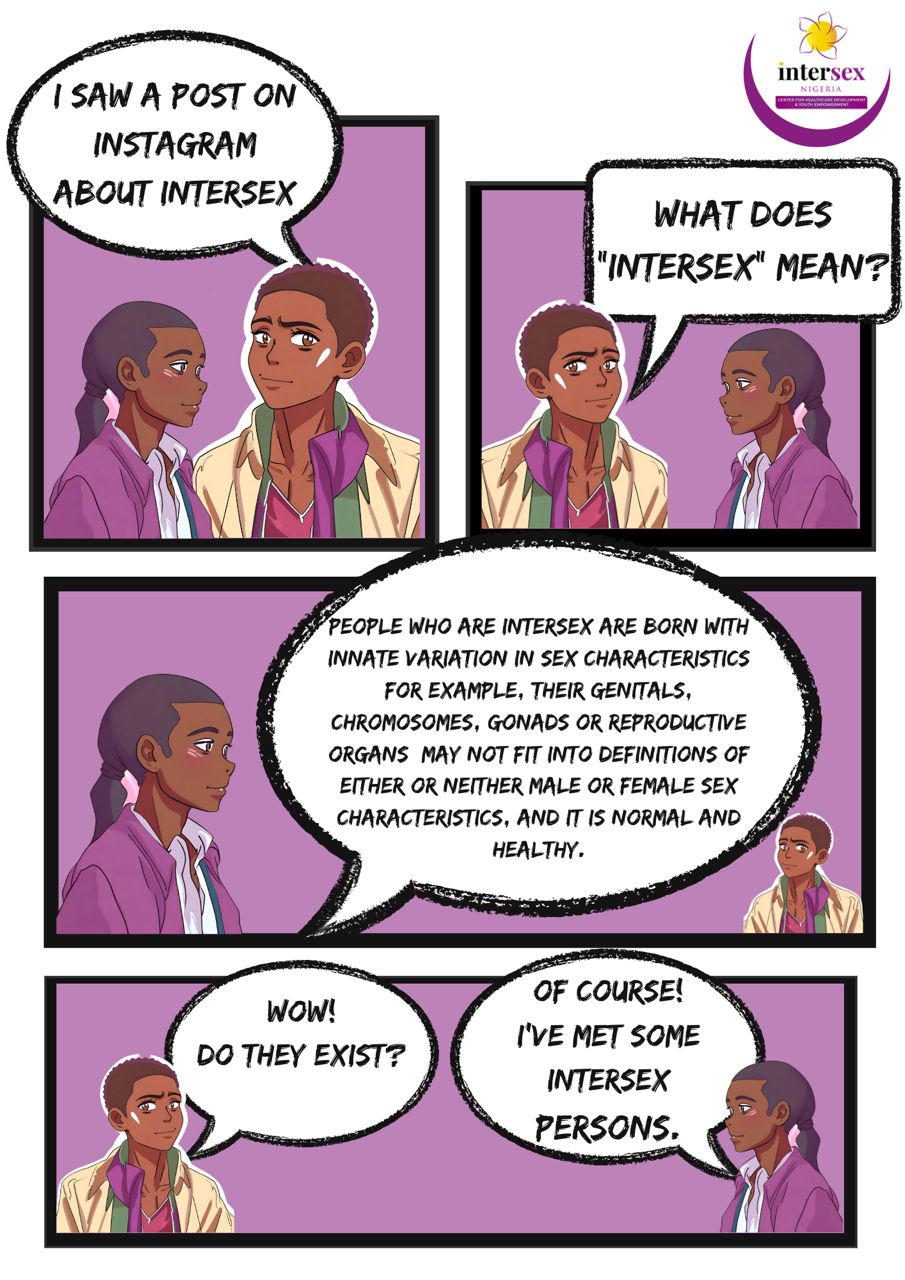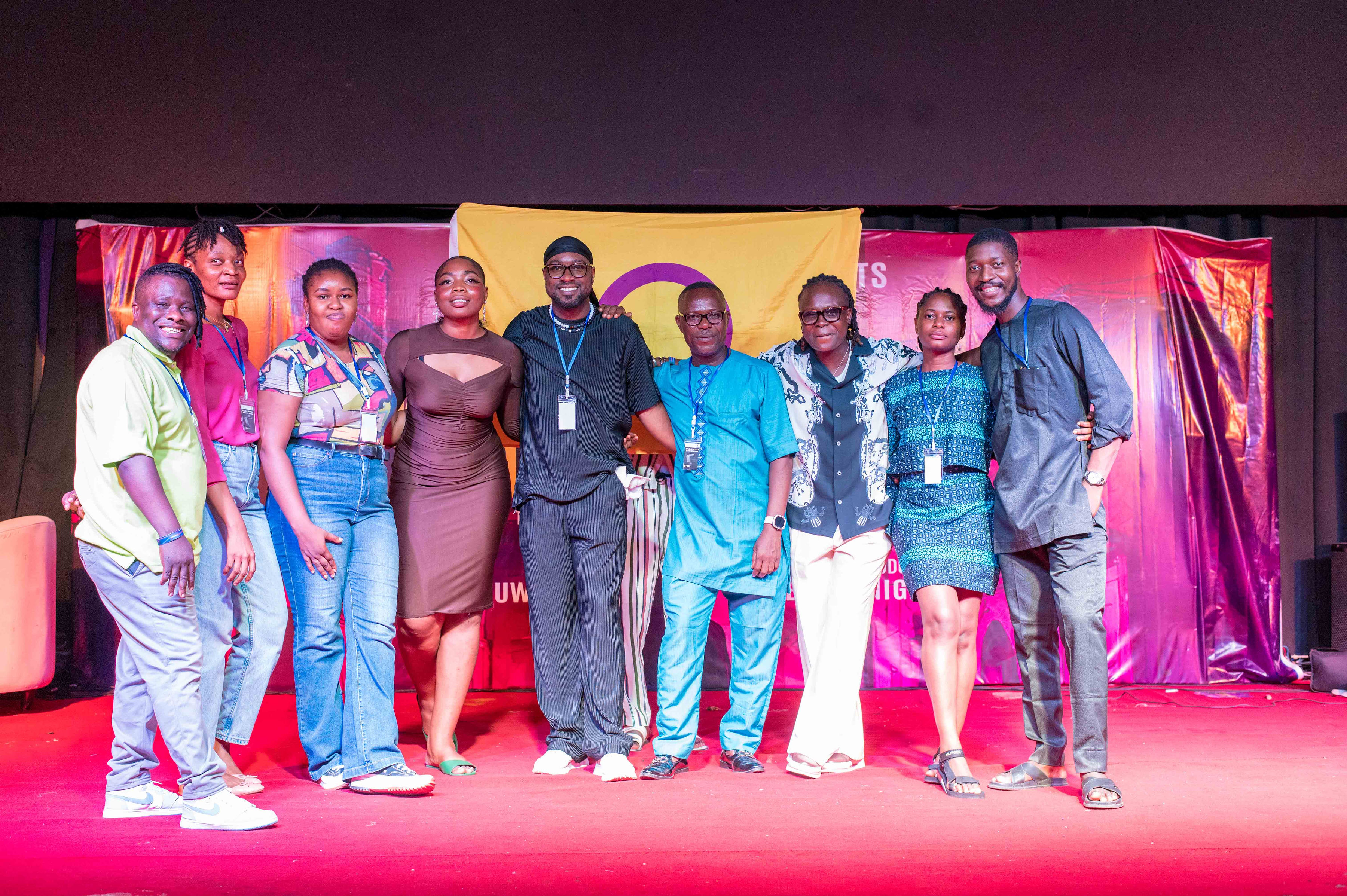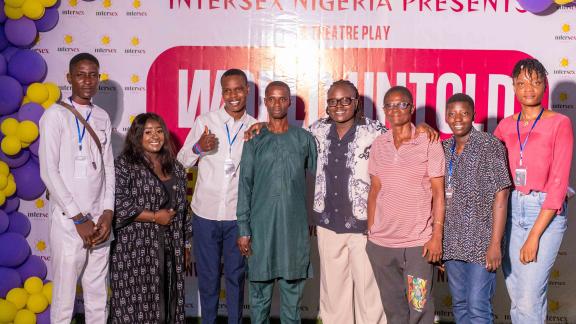By Benedicta Oyedayo Oyewole
The 17th of May marks a significant day for LGBTQI+ persons worldwide, as it is celebrated annually as The International Day Against Homophobia, Biphobia, and Transphobia (IDAHOBIT) since 2005. This date was chosen to honor the World Health Organization's pivotal decision in 1990 to recognize and validate the diversity of sexuality and gender experiences.
Since 2005, it has been celebrated globally, including in several nations across the African continent, serving as both a reminder of the struggles faced by sexual and gender diverse persons and a marker for celebrating progress. This year's IDAHOBIT theme, "No one left behind: equality, freedom, and justice for all," aims to encourage advocacy and celebration in various forms, including the amplification of African American poet and social activist Audre Lorde's quote, "We do not live a single issued life." This theme underscores the importance of unity and intersectional advocacy through solidarity, aiming to create a world where no one is left behind. As stated in the Universal Declaration of Human Rights, "All human beings are born free and equal in dignity and rights." However, within the African context, we are seeing an increase in misunderstanding and rollback on the human rights of LGBTIQ+, including intersex persons, in certain parts of the continent.
In a recent discussion with Jennifer from Intersex Nigeria, we explored what IDAHOBIT signifies for intersex persons and the ongoing advocacy efforts at national and regional levels. Jennifer is the Program Officer-Diversity and Inclusion at Intersex Nigeria, an intersex-led non-governmental organization that advocates for the diverse experiences of intersex persons while recognizing their intersectional identities.

There is a cloud of misconception surrounding the realities of intersex persons. During the discussion, Jennifer highlights the staggering complexity within the intersex spectrum, comprising at least 40 distinct variations. One prevalent misperception revolves around the notion of a "true hermaphrodite," a term deemed derogatory within the intersex community. Contrary to widely held belief, intersex people do not possess two fully functional sets of genitalia. Rather, their genital anatomy may exhibit variations that defy the binary dichotomy strictly male or female, leading to ambiguity.
Jennifer acknowledges that Nigeria remains in the early stages of understanding intersex persons. Anecdotally, approximately 80% of intersex persons would rather self-medicate than visit a hospital, because of the experiences of people close to them or their own experience. Despite ample evidence of human rights violations, including intersex genital mutilation and unethical medical procedures without consent, intersex issues are not nationally recognized as human rights concerns within Nigeria. Additionally, there is a notable absence of legal and policy representation for intersex persons in the country.
Despite the challenging circumstances faced by intersex persons in Nigeria, Intersex Nigeria has adopted innovative approaches to thrive and humanize intersex experiences within the nation. Through partnerships and collaboration with stakeholders, as well as educational initiatives targeting healthcare practitioners, engagement with human rights commissions, and utilization of traditional mainstream and social media platforms, Intersex Nigeria has made significant strides.
Some notable achievement is the production of documentaries, such as "What About Us?" that was produced in partnership with Intersex South Africa and "In-between Sexes" was a collaborative production involving other organizations. These documentaries aim to illuminate the realities of intersex issues through firsthand accounts from intersex people. According to Jennifer, these materials highlight existing gaps in support for intersex persons and advocate for necessary actions to raise their rights awareness and visibility.

Furthermore, Intersex Nigeria provided training sessions for mainstream media personnel to improve their understanding and reporting of intersex issues. However, despite these efforts, national media regulations often hinder accurate coverage of intersex topics. Consequently, Intersex Nigeria has turned to social media and leveraging grassroots media as a platform to reshape the narrative and ensure accurate representation of intersex persons, advocating for the use of appropriate language that aligns with their identity and experiences.
When asked about the proudest milestones within the Intersex movement, Jennifer shared two significant achievements. Firstly, she highlighted the successful staging of the play "World Untold: Echoes of Silence," a groundbreaking event that united diverse stakeholders to immerse themselves in the experiences of intersex persons. Secondly, Jennifer expressed joy in receiving outreach from parents seeking support upon the birth of an intersex child. She views this as remarkable progress compared to the national status of intersex persons just a few years ago.
The theme for this year's IDAHOBIT, "No one left behind: equality, freedom, and justice for all," deeply resonates with her as it emphasizes an intersectional approach to ensure inclusivity for all. She believes that freedom and justice extend beyond mere concepts and encompass access to spaces and resources essential for the development of marginalized communities. This, she emphasizes, is crucial not only for the intersex community but for the entire LGBTQI+ community.
Reflecting on IDAHOBIT 2024, Jennifer emphasizes, "We are a diverse people, and there's no one-size-fits-all approach.” It is crucial for people to recognize the diversity within the intersex community. Educating oneself and seeking knowledge about intersex experiences is vital to fostering inclusion. Every effort, no matter how small, contributes to ensuring that intersex persons are acknowledged and supported. “We are all human beings deserving of being heard, included, and treated with justice, equality, and freedom from discrimination and stigma."
As we mark IDAHOBIT 2024, the ongoing research and advocacy efforts by intersex organizations in Africa, along with our continued amplification of intersex experiences, ensures that the voices and experiences of intersex persons remain prominent, heard, and respected during this commemoration. Let us boldly embody the theme of "No one left behind: equality, freedom, and justice for all" in our celebrations by recognizing the importance of intersex persons in IDAHOBIT because Intersex belongs in IDAHOBIT! And you can start by visiting InterAct.

when
country
Nigeria
region
Africa









